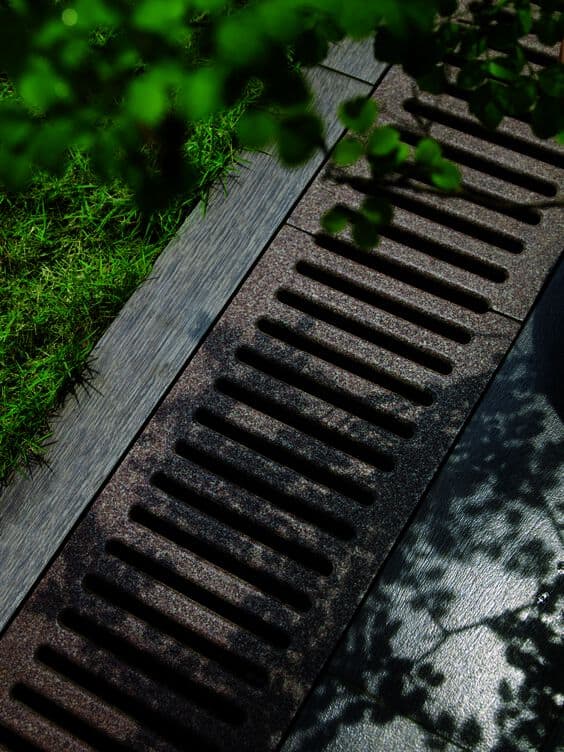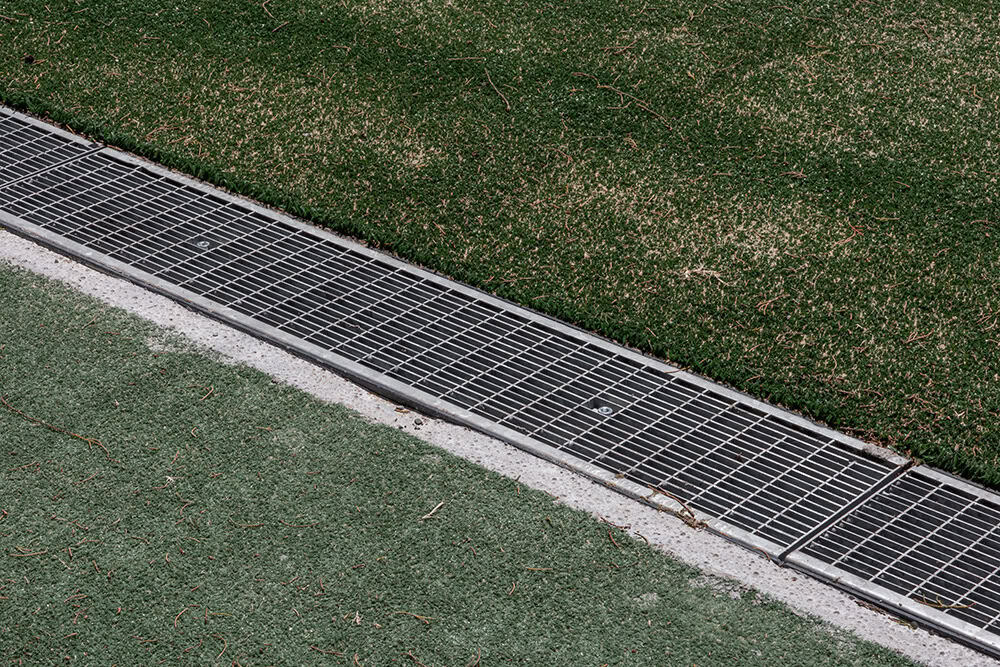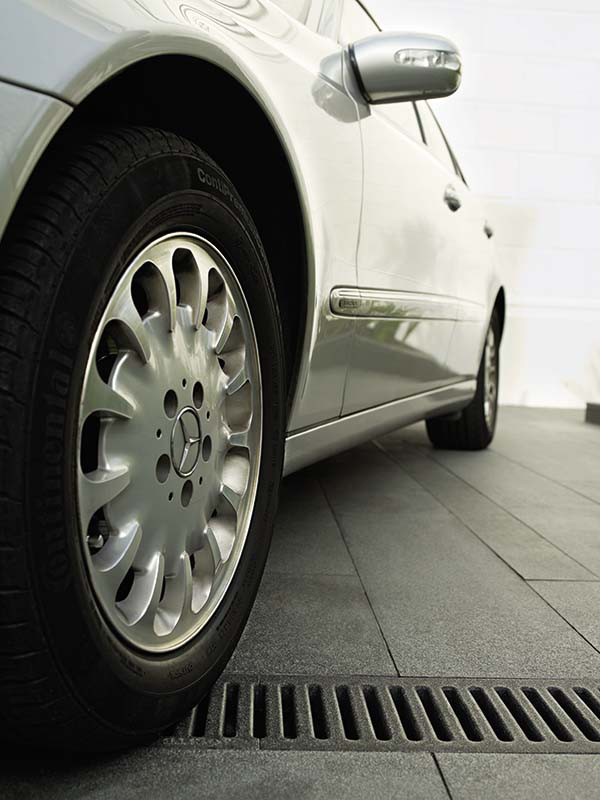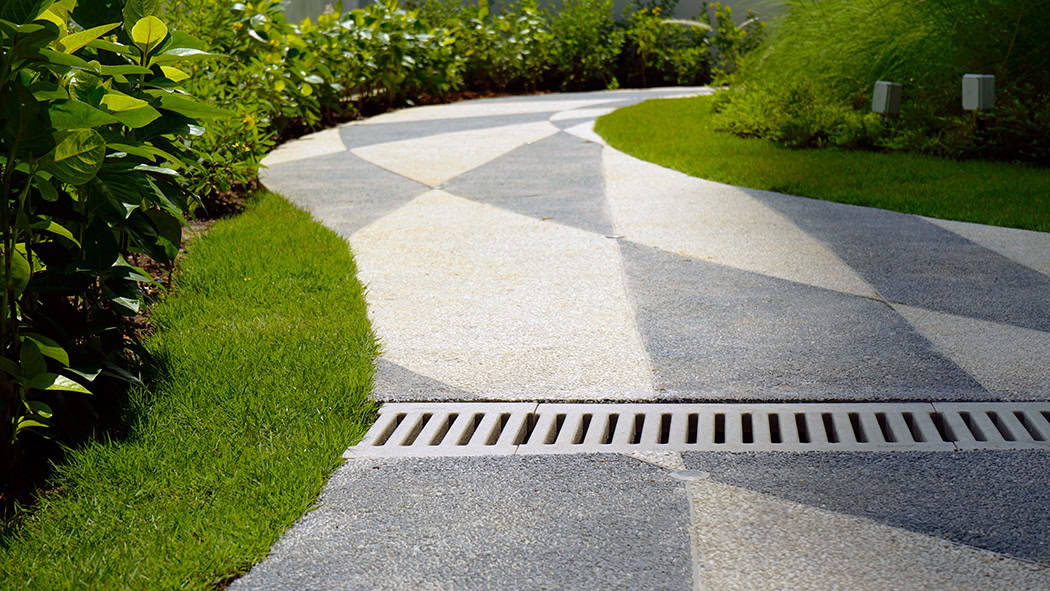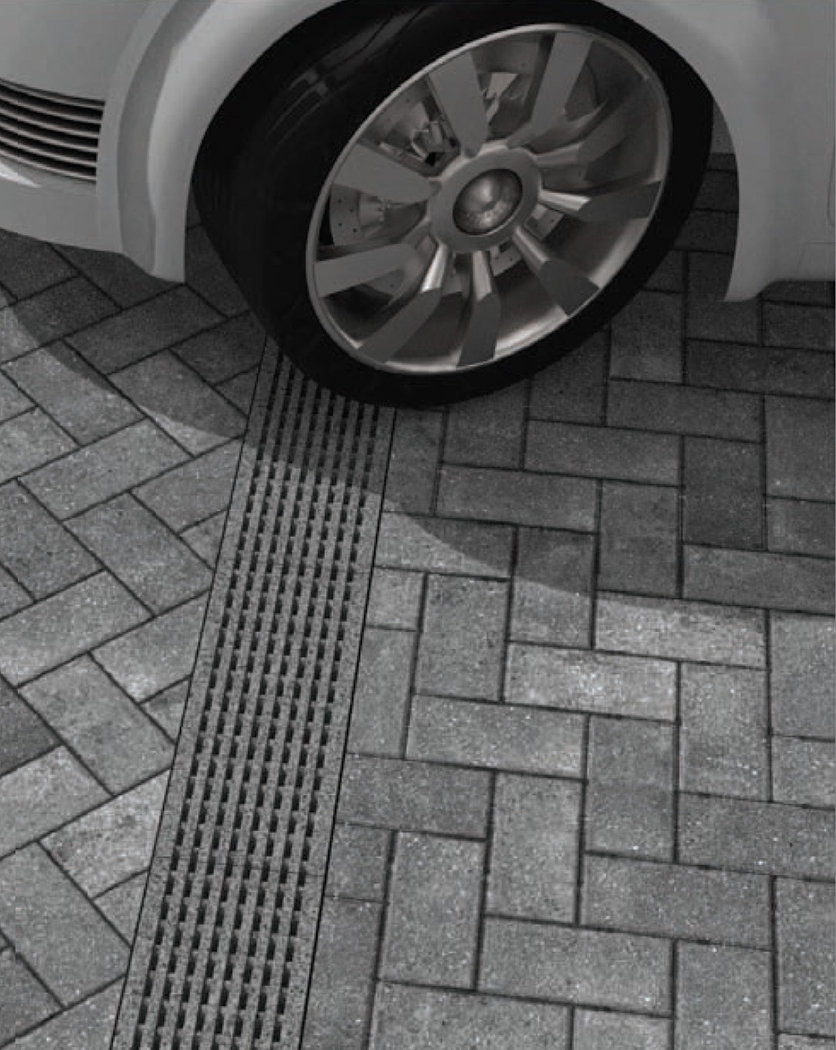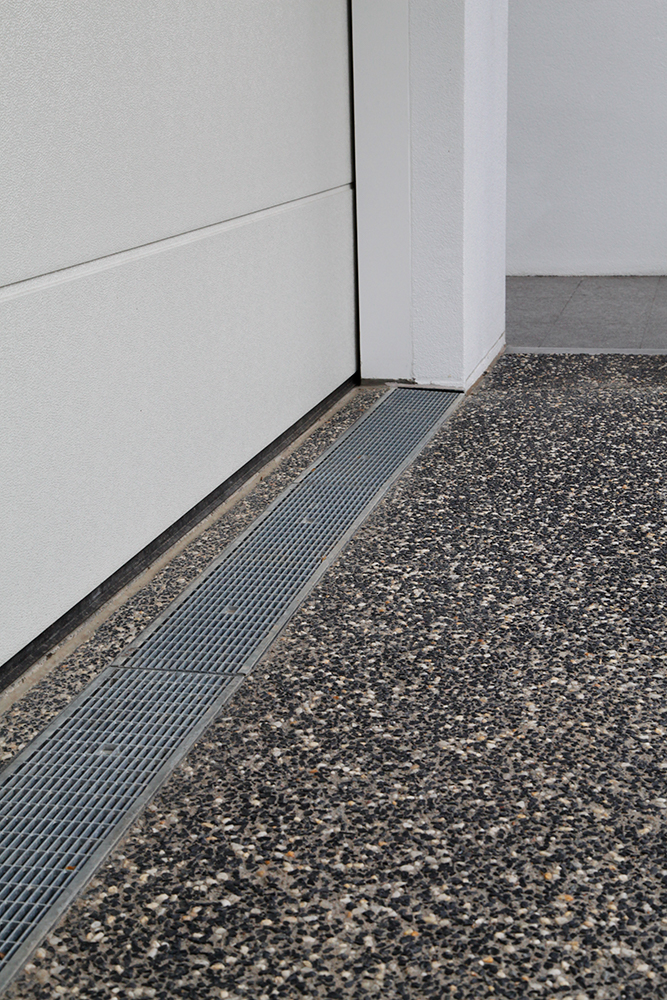Channel drainage is a crucial component in maintaining the functionality and longevity of driveways, particularly in areas prone to heavy rainfall or water accumulation. Properly selecting and installing channel drainage can prevent water damage, reduce erosion, and improve safety. Here are some essential tips to consider when choosing the right channel drainage system for your driveway:
Evaluate Your Needs
Before selecting a channel drain, assess the drainage requirements of your driveway. Consider factors like the slope of the driveway, the volume of water it needs to handle, and the type of soil. Driveways on a slope or in areas with high rainfall may require a more robust drainage system. Identifying your specific needs will help you choose the right product that effectively manages surface water.
Consider Load Class Ratings
The load class rating of a channel drain indicates the amount of weight it can withstand. For residential driveways, a load class rating of A15 or B125 is typically sufficient, as these ratings can handle pedestrian traffic and regular vehicle loads. For driveways that need to support heavier vehicles or equipment, such as trucks or RVs, a higher load class, like C250 or D400, may be necessary.
Simplified Explanation
Choose Drain Channel Materials
The grate on top of the channel drain plays a significant role in both functionality and appearance. Common materials for grates include plastic, metal, and cast iron, each offering different levels of strength and durability. The design of the grate should allow for optimal water flow while also complementing the look of your driveway. If aesthetics are a priority, look for decorative grate options that blend seamlessly with your driveway's design.
Think About Long Term Maintenance
Maintaining your channel drainage system is essential to ensuring long-term performance. Choose a system with removable grates or easy-access features that allow for quick cleaning and debris removal. Systems with built-in leaf traps can also reduce maintenance by preventing blockages.
Ensure Proper Installation
Even the best channel drainage system will fail if not installed correctly. Improper installation can lead to pooling or backflow issues, negating the benefits of your investment.
Plan for the Future
If you anticipate future changes to your driveway, such as widening or additional landscaping, select a channel drainage system that can be easily expanded or modified. It can be incredibly difficult to source matching grates.
Choosing the right channel drainage for your driveway requires careful consideration of load capacity, material, design, and maintenance needs. By following these tips, you can select a system that not only protects your driveway from water damage but also enhances its appearance and longevity. Proper drainage is key to maintaining a safe, functional, and attractive driveway for years to come.
